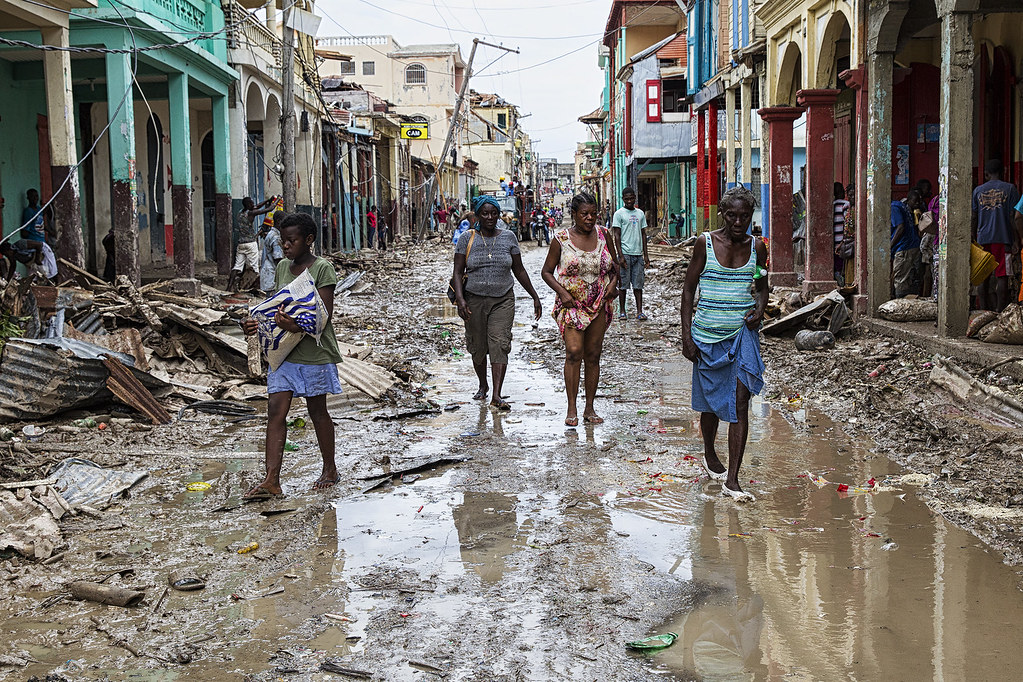
Supporting Through Struggle: The Vital Role of Missionary Work in Times of Crisis
Understanding the Impact of Church Missions on Communities in Distress
In the heart of crisis-stricken areas around the world, where violence and scarcity tear at the fabric of society, the role of missionary work becomes not just helpful, but vital. A poignant example of this is seen in the recent reports from Port au Prince, Haiti, where the country grapples with unprecedented chaos. Gangs control access to the capital, turning it into an isolated region where essentials can only reach the people through complex air bridges, risking lives and goods in the process (Agenzia Fides, 5/3/2024).
Maddalena Boschetti, a lay missionary from the diocese of Genoa and a consecrated Camillian, sheds light on the dire situation. The scarcity of medicine and basic needs has become a harsh reality, with the sick unable to receive care or even reach better-equipped hospitals in different regions. The absence of necessities, such as milk for children and adequate food supplies, underlines the severity of the crisis. Boschetti, who dedicates her life to caring for disabled and sick children and their families in northwest Haiti, paints a vivid picture of life under the shadow of insecurity and gang violence. She describes a scenario where hospitals are overburdened, essential medications are scarce, and palliative care is nonexistent.
Haiti’s struggles offer a glimpse into the broader challenges faced by countries in conflict, which Boschetti refers to as the frontlines of an ongoing “third world war.” It is within this context that the presence and work of the Church and missionary organizations become crucial. They stand beside the people, offering not just spiritual support, but also tangible aid to those most in need. Their commitment to serving God and humanity showcases the profound impact that faith-based initiatives can have on communities facing adversity.
The missionary efforts in Haiti and similar contexts underscore the concept of misericordia, or mercy, as a guiding principle. It’s not merely about providing aid; it’s about affirming the inherent value of every life, ensuring no one has to face their darkest hours alone. This approach reflects a deep understanding of the power of solidarity in fostering hope and resilience among those who have lost everything to violence and poverty.
Furthermore, the mission in Haiti illustrates the broader mission of the Church in conflict zones worldwide. It highlights the importance of staying beside those in distress, witnessing their struggles, and continuously striving to alleviate their suffering. This commitment to service and assistance is a beacon of light in the darkest of times, sending a message that the lives of the afflicted have value, that they are seen, and most importantly, they are not alone.
In conclusion, the situation in Haiti is a stark reminder of the complexities and challenges of missionary work in conflict and crisis zones. Yet, it also serves as a testament to the strength of the human spirit and the power of collective effort guided by principles of faith, hope, and love. The dedication of individuals like Maddalena Boschetti and countless others working in the field is a source of inspiration, urging us to reflect on our own contributions towards making the world a kinder, more compassionate place. Through their actions, we are reminded that the mission of the Church extends far beyond the walls of worship spaces, reaching into the heart of human suffering to bring light and relief.
Image
Sources
- spazio+spadoni
- Agenzia Fides, 5/3/2024
